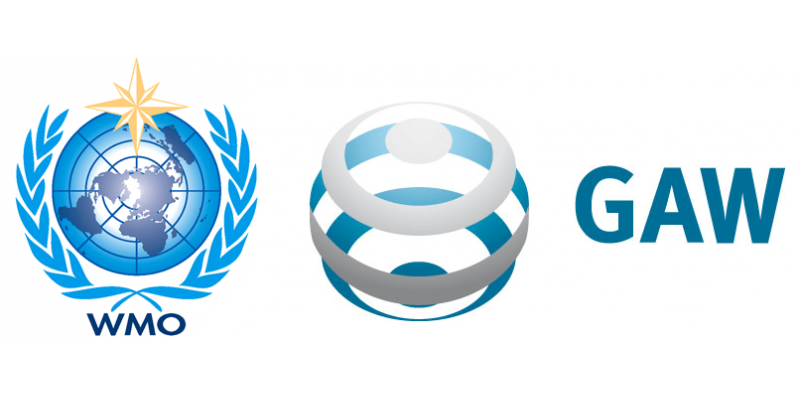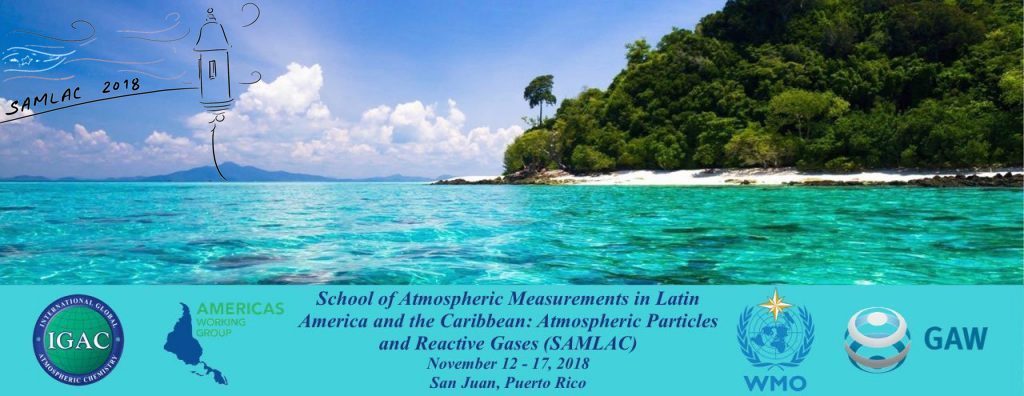
WMO is a specialized agency of the United Nations (UN) with 191 Member States and Territories. It is the UN system’s authoritative voice on the state and behaviour of the Earth’s atmosphere, its interaction with the land and oceans, the weather and climate it produces and the resulting distribution of water resources.
As weather, climate and the water cycle know no national boundaries, international cooperation at a global scale is essential for the development of meteorology and operational hydrology as well as to reap the benefits from their application. WMO provides the framework for such international cooperation.
WMO originated from the International Meteorological Organization (IMO), which was founded in 1873 to facilitate the exchange of weather information across national borders. Established in 1950, the WMO became a specialized agency of the United Nations in 1951. Its mandate is in the areas of meteorology (weather and climate), operational hydrology and related geophysical sciences. Since its establishment, WMO has played a unique and powerful role in contributing to the safety and welfare of humanity. It has fostered collaboration between the National Meteorological and Hydrological Services of its Members and furthered the application of meteorology in many areas.
WMO continues to facilitate free and unrestricted exchange of data and information, products and services in real- or near-real time on matters relating to safety and security of society, economic welfare and the protection of the environment. It contributes to policy formulation in these areas at national and international levels.
The Organization plays a leading role in international efforts to monitor and protect the environment through its Programmes. In collaboration with other United Nations agencies and National Meteorological and Hydrological Services, WMO supports the implementation of a number of environmental conventions and is instrumental in providing advice and assessments to governments on related matters. These activities contribute towards ensuring the sustainable development and well-being of nations.
